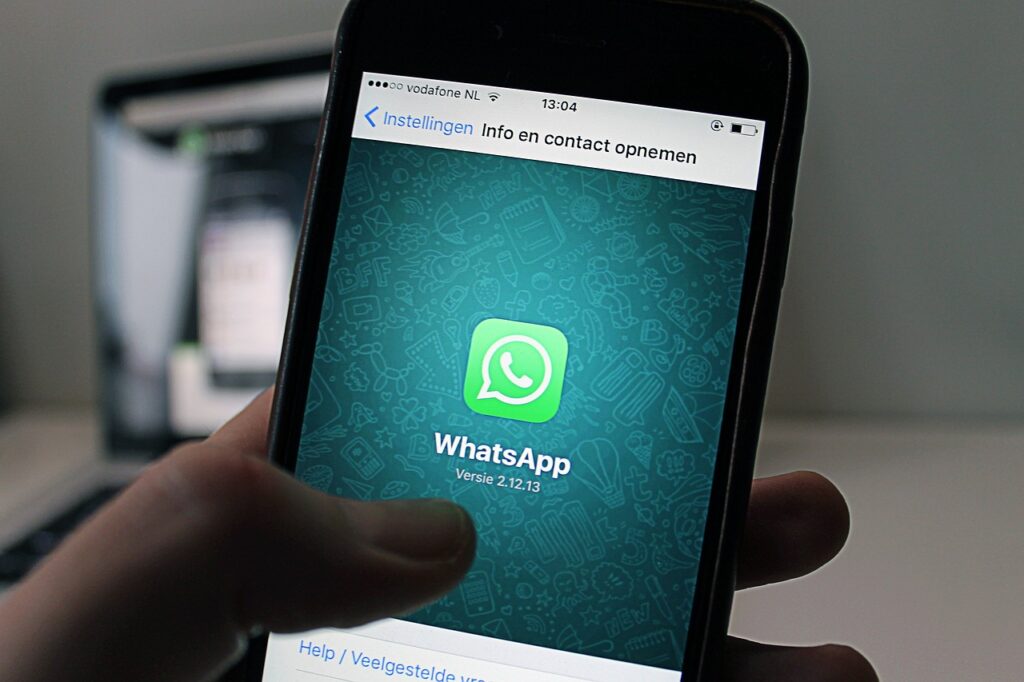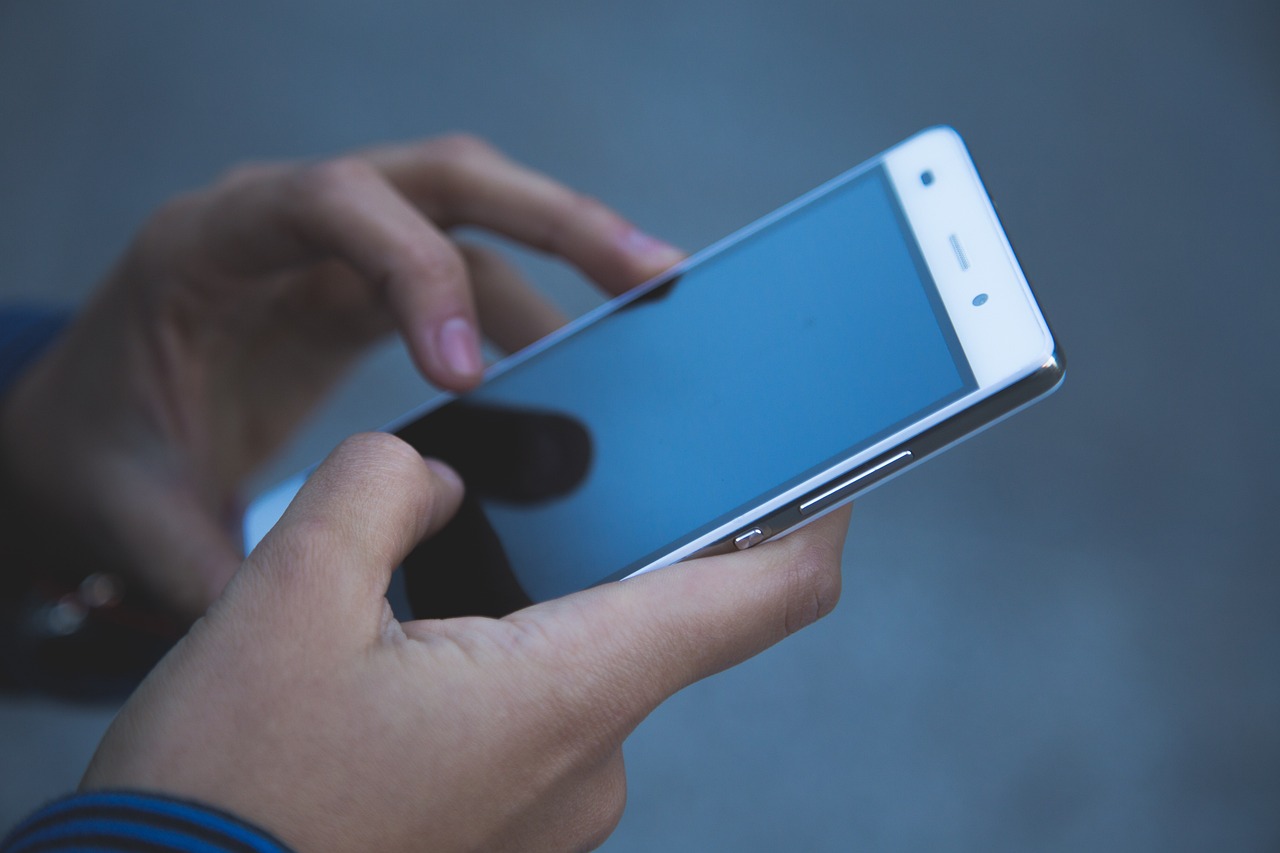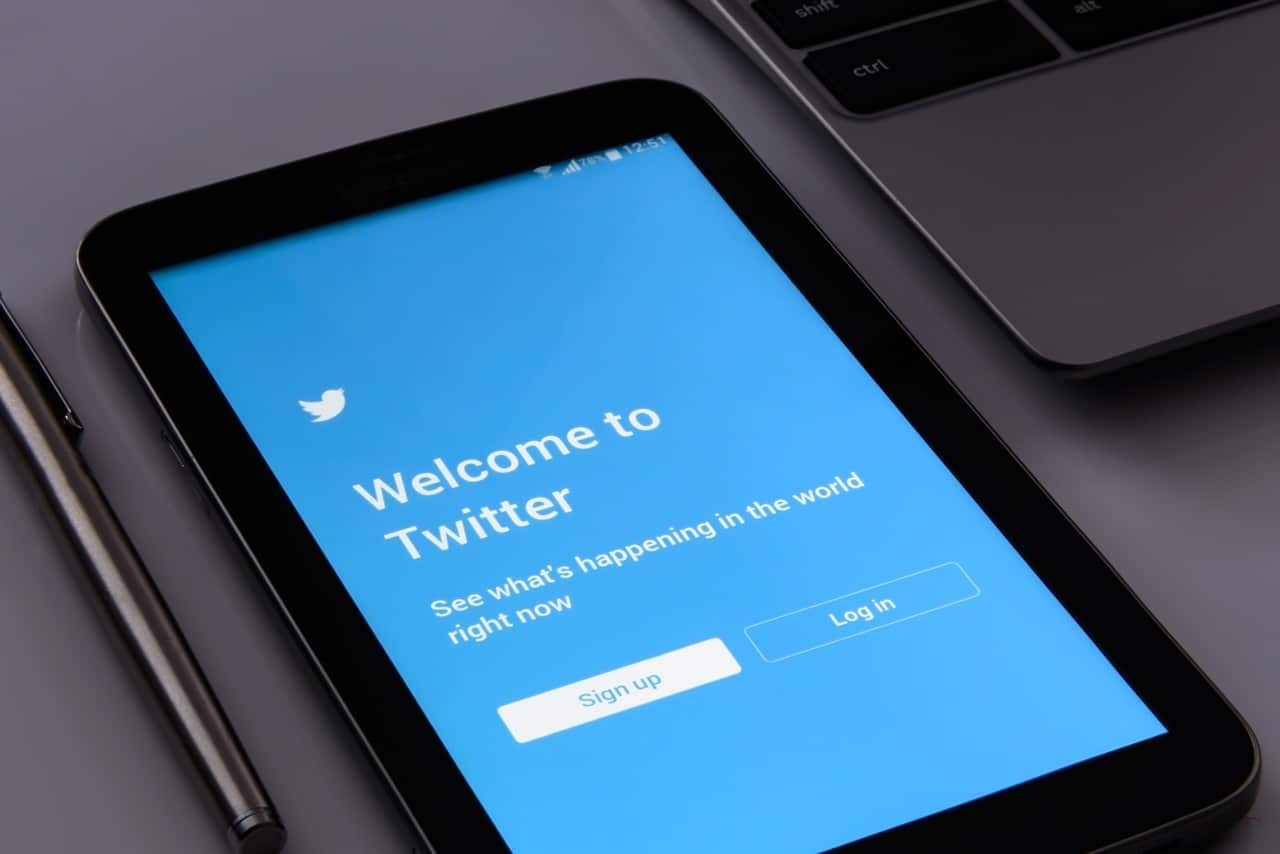Personal data protection has become a major concern in the global digital landscape. Especially with the exponential growth in the use of messaging apps. Recently, a significant court ruling was issued that could change the way the WhatsApp operates in Brazil.
This decision not only affects the app’s privacy policy, but also reflects concerns about how companies handle information. The debate over the protection of personal data takes on new dimensions with this decision. And it highlights the importance of compliance with strict regulations and the potential impact on the practices of technology companies.
Court Decision and Its Implications

The Federal Court in São Paulo has ruled that WhatsApp must stop sharing data from its Brazilian users with other companies in the Meta group, which includes Facebook and Instagram. The decision, handed down by federal judge Luis Gustavo Neves, is a response to a lawsuit filed by the Federal Public Prosecutor's Office (MPF) and the Consumer Defense Institute (Idec). Both questioned the app's privacy policy. The judge highlighted the need to ensure that all users, regardless of their location, have the same level of data protection.
The judge ordered that WhatsApp's data processing rules in Brazil be aligned with the European Union's guidelines, which are stricter. In addition, a 90-day deadline was set for WhatsApp to implement features for users to opt out of the current privacy policy. The judge also emphasized the need for a simple mechanism for users to express their disagreement with the sharing of their personal data. He suggested that this be done with a single action.
The ruling addresses concerns that WhatsApp’s extensive data collection is not entirely necessary for the messaging service to function. It also suggests that the company may be using the information to create valuable consumer profiles for commercial purposes. The criticism reflects growing scrutiny of the data collection practices of digital platforms.
See also: Google Photos App: Meta announces END OF APPLICATION; see how it looks
Reactions and Legal Consequences
The lawsuit that led to this court ruling arose in response to changes to WhatsApp's privacy policy in 2021. The MPF and Idec alleged that the privacy policy, which was disseminated in a scattered and generic manner, allowed for the collection of a large amount of personal data and its sharing with companies such as Facebook and Instagram. The accusation that users felt coerced into accepting the new rules, under threat of not being able to use the app, generated a strong movement to challenge these practices.
In addition to the order to adjust privacy practices, the MPF and Idec are seeking compensation of R$1.733 billion for collective moral damages. This amount is based on fines the company has faced in Europe for similar violations, where significant penalties were applied between 2021 and 2023. This demand highlights the seriousness of the allegations and the potential impact of these privacy practices on consumer trust and legal compliance.
The implications of the decision go beyond correcting WhatsApp’s practices, serving as an important precedent for other companies that handle personal data. The requirement for greater transparency and the possibility of legal action for violations of privacy rights set an important milestone in the digital regulatory environment.
Next Steps and Final Considerations
The court ruling that prohibits WhatsApp from sharing data with companies in the Meta group represents progress in the protection of personal data in Brazil. Now, the digital privacy scenario in the country may undergo significant changes. The 90 days granted to adapt the practices provide a crucial period for the platform to adjust its operations and ensure compliance with the new order.
The billion-dollar compensation claim underscores how seriously authorities take data protection. And it serves as a wake-up call to other companies about the importance of following privacy regulations. The decision not only impacts WhatsApp, but also has broader implications for the tech industry. It underscores the need for robust and transparent privacy practices.
With growing awareness of privacy and data protection, companies must be prepared to adapt to stricter regulations. And also to an environment of increased surveillance. The court’s decision reflects a global trend toward greater protection of consumer data. And, at the same time, stricter controls on how that data is used.
See also: Financial goal app projects R$200 million in 2024; check it out



